
Purchasing is a large and extensive job, there are many companies and suppliers to choose from. Finding a reliable supplier in China is critical for any business looking to import products from China.
Not only should make sure that you are dealing with a company that offers quality products, but also should make sure that the supplier is reputable and trustworthy.
In this blog post, we’ll discuss 6 tips on how to find the perfect Chinese supplier for your business. With these 6 tips, you should be able to find one.
What is the right supplier?
A good Chinese supplier will be able to provide you with high-quality products at a reasonable price and they will also be able to meet your shipping deadlines.
They should also be able to communicate with you in a timely manner, and they should be willing to work with you to get your products delivered on time.

A reliable Chinese supplier is a partner that offers quality products at reasonable prices, is able to meet your shipping deadlines, communicates with you in a timely manner, and is considerate of you.
Value for money, reliability, and integrity are some of the most important aspects to consider when looking for a supplier in China.
The right Chinese supplier will provide you with value for money without compromising on quality or service.
They should also have a long-term relationship with you, they should offer fast order turnaround times and provide accurate delivery status reports, etc.

A reliable supplier will also offer high-quality products and provide good customer service before, during, and after the sale.
In addition to being cost-effective, it is important to have integrity.
A supplier with integrity will provide detailed reports on the condition of the goods and provide you with accurate amounts for your shipments.
Efficiency also relies on a reliable supplier as they should be able to fulfill orders in a timely manner while providing quality and good customer service.
How to find the right supplier?
Searching on various platforms is a good way to go.
Trial orders may also be an effective way to learn about the quality and customer service standards of a supplier before committing time and resources to them.

The next step is to work with a local agent in China rather than searching for potential on your own, as they are more familiar with market trends than others.
Agents can connect you with multiple factories at once, depending on your needs, which is much faster than going to the factory yourself.
They will provide valuable advice on how best to approach certain companies, etc. We will cover common ways to find the right supplier.
1. Search on platforms/websites
There are many platforms/websites with many suppliers in China, which is one of the most economical ways to find potential suppliers.
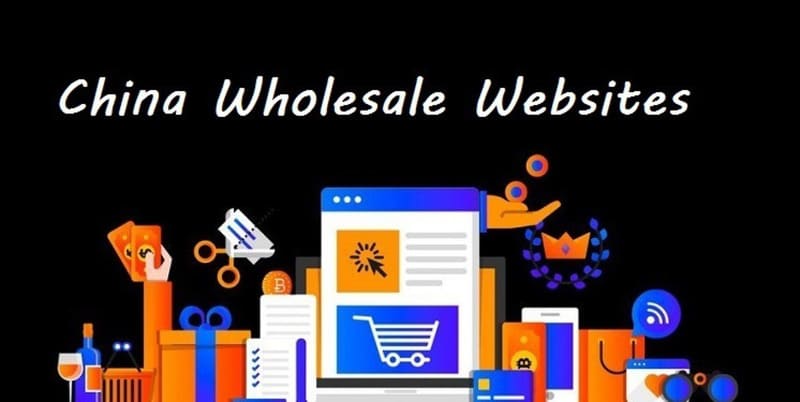
You can use Alibaba, 1688, or DHgate to find Chinese suppliers.
Alibaba
Alibaba is an online business-to-business (B2B) and business-to-customer (C2C) e-commerce site where you can find the products and suppliers you want.

1688
1688.com is a Chinese domestic website, similar to Alibaba. It is a B2B website that allows companies to find suppliers and manufacturers in China. Both Alibaba and 1688 all belong to Alibaba Group.
DHgate
DHgate.com is a Chinese e-commerce website focused on B2B and C2C products and services. The site offers a wide range of items for sale, including apparel, food, electronics, and more.

Customers can search for specific items or browse by category. Dunhuang.com also offers a variety of services such as online payment processing, order tracking, and customer support.
2. Through an agent
Sourcing agents do not work for suppliers.
They are responsible for finding suppliers that meet your needs and negotiating on your behalf, saving you your own time and resources.
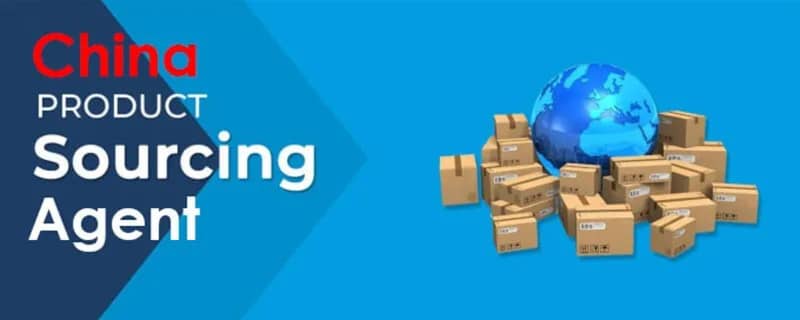
They will also help you with import/export compliance documentation, provide training on how to do business in China, or provide any other support necessary.
Their fees will depend on the services they provide. They will find the right supplier for you based on your needs, saving you search time and language barriers.
What are the types of suppliers?
A supplier is a person/company that supplies goods or services to another person/company. Suppliers can be found all over the world, but it is most economical to find them in China.
The types of suppliers we usually talk about include the following,
1. Manufacturers
These suppliers often have the most experienced and professional knowledge. They know how to produce a wide range of different products, including those you may not think are possible.

2. Wholesalers
Wholesale companies buy goods from manufacturers or other wholesalers for resale; they usually offer lower prices than retailers, but do not have to offer special services, such as product customization.
3. Trading company
Trading companies buy from manufacturers and sell to foreign buyers, then to get a profit.
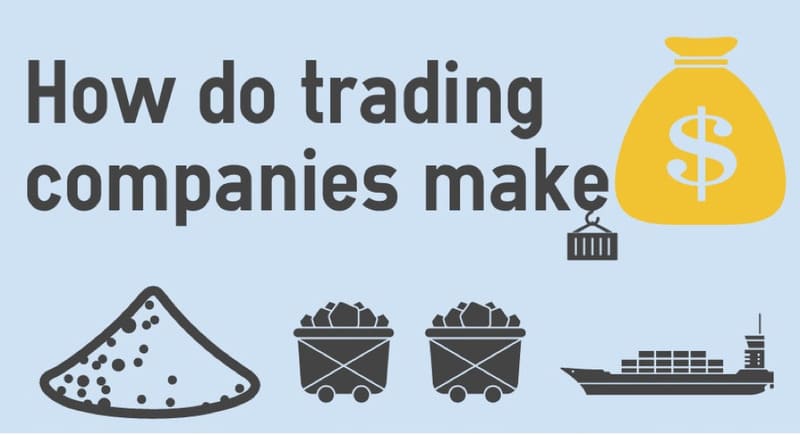
4. Distributors/Retailers
They are intermediaries who acquire ownership of goods in trade.
They acquire ownership by buying goods and reselling them, so they bear various risks. Distributors have the right to determine the price.
They are interested only in profit and are not loyal to any producer or exporter.
5. Agents
Agents are not suppliers in themselves. They work with each other on behalf of customers and suppliers to facilitate trade agreements or imports without any direct transactions between the parties involved.
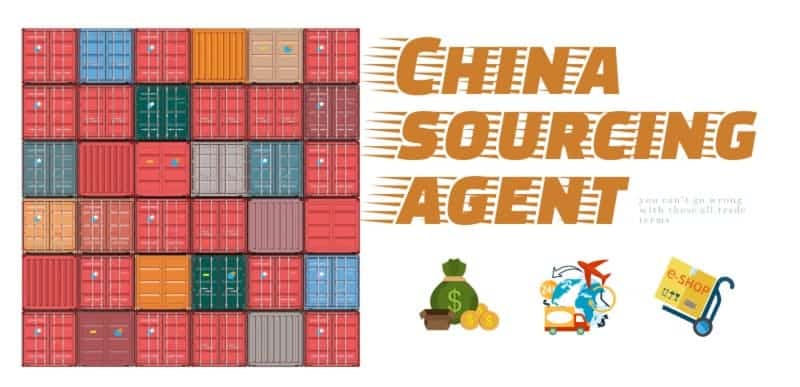
They provide excellent service to their customers, get the best prices, and help them solve problems, charging only a low service fee for their performance.
Learn more about Sourcing Company vs. Trading Company
Famous wholesale markets in China
There are many wholesale markets in China, the most popular of which are Guangzhou and Yiwu.
Yiwu is located in Zhejiang Province and is marked by the famous Yiwu International Trade City.

It is a modern, international, and information-based market for small commodities, which is home to many wholesale suppliers and retailers.
Guangzhou, on the other hand, is located in the south of China, also known as Guangdong or Guangdong Province.

It is known as the “Pearl River Delta” city and has a strong manufacturing capacity. The famous Canton Fair is held in Guangzhou.
Ensure that any payment method is safety
When making payments to suppliers, it is important to make sure that the payments are secure.

This is because if the payment is not secure, you will lose your money, and the risk of fraud is greatly increased.
There are many ways to ensure that payments are secure, and you can use them, including making a bank transfer or paying with a credit card.
1. Through your local bank
All local banks support cross-border money transfer services.
As long as you know the SWIFT code and BIC of your domestic account, you can complete the transfer through your local bank’s online banking or over-the-counter transfer.
This is by far the safer way, but the cost of sending money is higher. If you need to send money for a long period of time and the amount of money sent is not small, then the fees and exchange loss will be higher.
2. Through transfer platforms
There are many transfer platforms available, such as:
Paypal
PayPal is an Internet-based third-party payment service provider based in California, that allows money transfers between users identified using email, avoiding the traditional method of mailing checks or transferring.

PingPong
PingPong is a Chinese-founded global collection company dedicated to providing low-cost overseas collection services for Chinese cross-border e-commerce sellers.
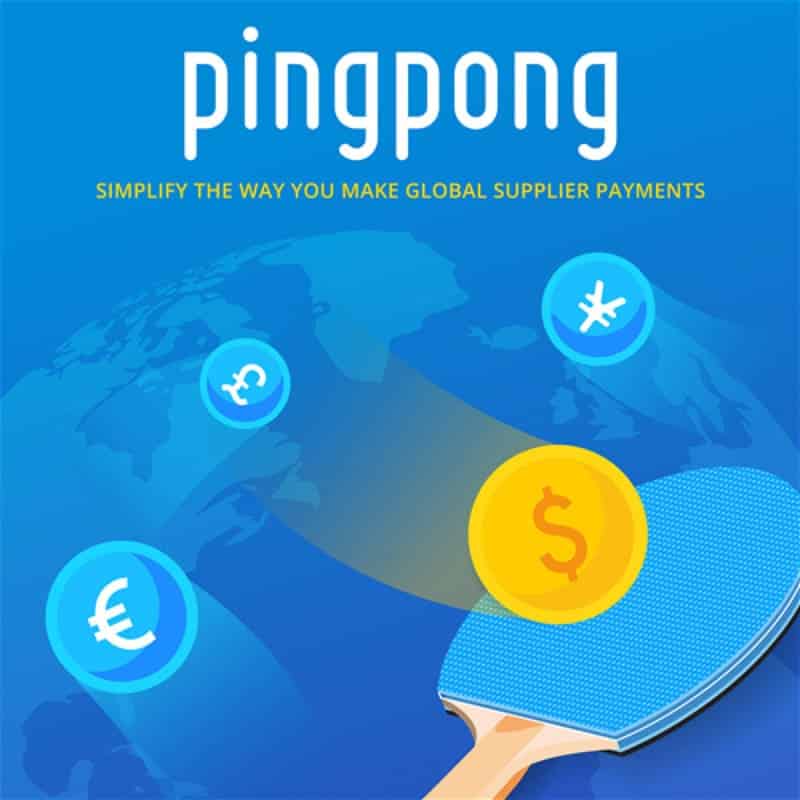
PingPong helps Chinese companies obtain fair overseas trade protection and is the first company in the world dedicated to providing Chinese global collection for Chinese cross-border e-commerce sellers.
Alipay
Alipay is a new online secure payment solution jointly created by Alibaba International Website and Alipay for international trade buyers and sellers.

Alipay protects sellers to realize payment to delivery, buyers will pay the goods to Alipay before sellers need to ship, fully protecting the seller’s transaction security.
Alipay will exchange USD into RMB according to the exchange rate on the day of the buyer’s payment and remit to the seller’s domestic Alipay or bank account; it can also set up a USD receiving account to receive USD directly.
Whichever way you pay, I suggest you choose a secure payment method to ensure that your money is not lost. You can also choose to send your money to a trusted agent who will pay for you, which is the safest way.
How to deal with your suppliers?
Establishing a good relationship with suppliers is the top priority of supplier management, and can bring many direct potential benefits to the business as well as avoid any potential problems.
For example, the buyer may suddenly ask the supplier to increase the supply or shorten the delivery cycle.

If the purchasing company has established a good relationship with the supplier, these problems can be easily solved.
With a good procurement-supply relationship, the negotiation time between the two sides will become shorter, the problems will become simpler, and the disputes between the two sides will be easily solved or even absent.
So, how do you build long-term relationships with your suppliers?

1. Build a trusting relationship & observe business confidentiality
Buyers need to keep the costs, skills, and performance of all their suppliers strictly confidential.
Revealing information from one supplier to another once the previous supplier knows why can damage the long-term relationship between the supplier and the purchasing company.
It is very important to have a mutual confidentiality agreement with suppliers at the beginning of the partnership.
2. Finalize your needs
When ordering, be sure to pay attention to what your exact needs are, what raw materials you want to buy as well as the type of equipment, quality requirements, quantity, price, when to pay, etc.

Many suppliers can be very clear about this, so don’t let the supplier sway you from your initial idea. Be sure that the goods you receive are true.
3. Communication
The purpose of the communication is to ensure that the supplier understands your needs accurately and that all communication is better recorded in writing.

Communication must be kept in an equal and respectful manner. When you communicate with more than one supplier, you must have the same requirements so that you can make comparisons.
For each piece of information, present it clearly, especially when it comes to quality and technology, elaborate, and listen to the supplier’s detailed explanations.
Only if you are clear yourself, you can make it clear to your suppliers what you want and what they should do.
4. Keep good records
Good communication not only avoids misunderstandings but also helps you compare suppliers.
But it is best to put everything in writing so that there is no doubt about what has been agreed upon. As you receive goods from each supplier, take care to record delivery dates and receipts for future reference.
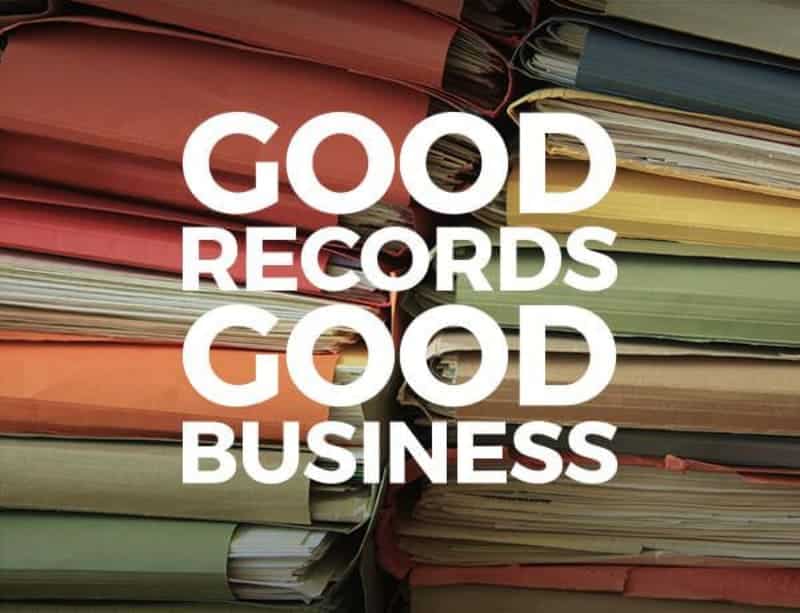
This process may take more time upfront but can save a lot of hassle if a quality dispute arises between you and your supplier at some point.
Conclusion
Dealing with suppliers is not an easy job, but it is something that must be done well. If you have anything to share with our team about these tips, please feel free to contact us!
